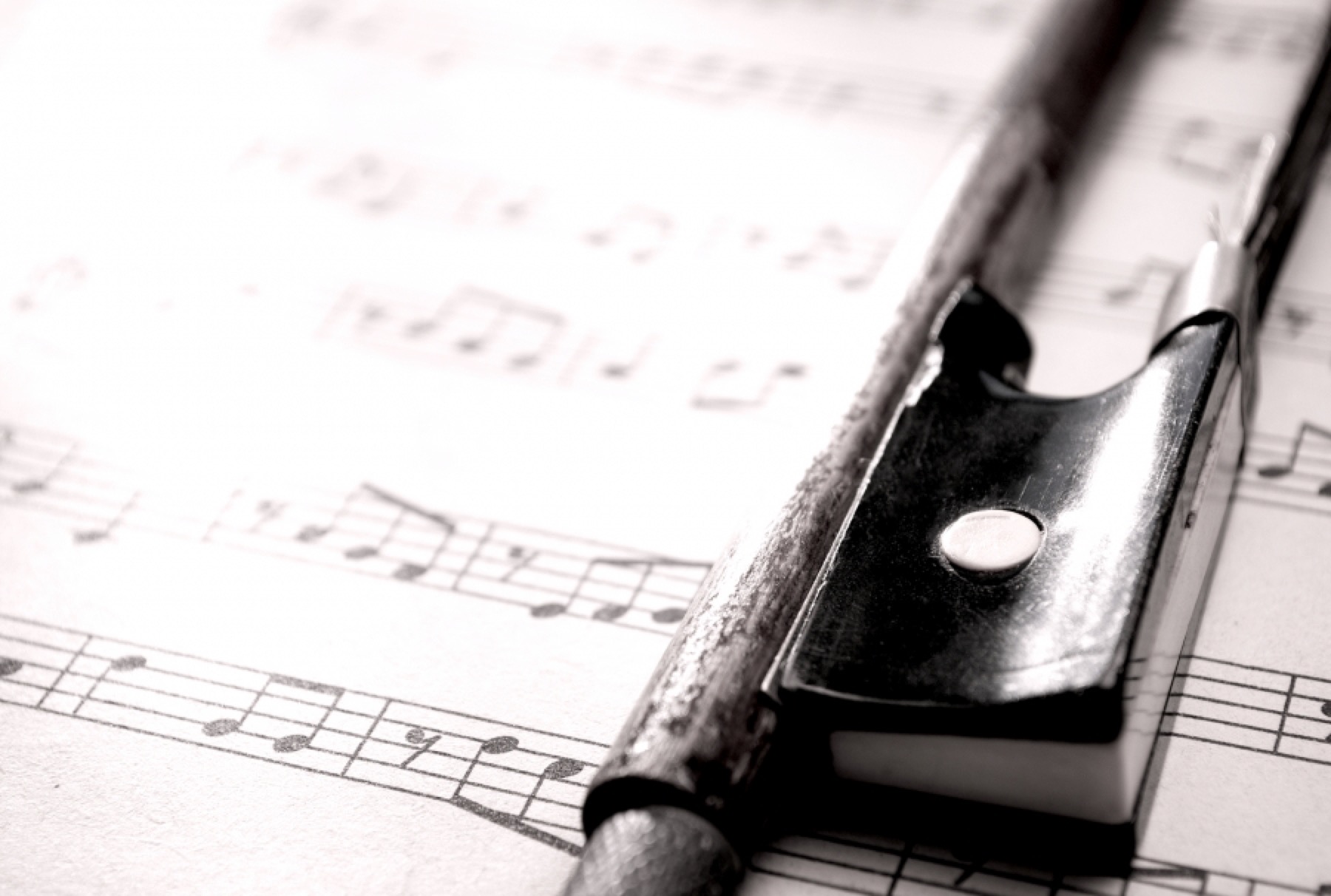
The Page Turner
By William Caverlee
She is a music student, slender, youthful, with the concentrated face of an alto in the chorus or a back-row violinist, frowning at her strings. Tonight, wearing black (de rigueur for her profession), she sits in a chair to the left of and slightly behind the pianist. She is invisible. Hands in lap, she is so quiet that she seems to be underwater, submerged beneath the pianist’s all too perfect reality—after all, he is the reason that the tickets were sold, that the audience has filled the auditorium, this guest pianist performing with the university’s own chamber group. Every eye is on him; he has erased her without even intending to, for she has no self. That is, until her moment arrives. She has excellent eyesight. Without glasses, she can read the score at a distance of, what, three feet? And such precise choreography: First, she must stand up and take a half-step. Her modest calf-length skirt, black to match her blouse and hair, seems not even to rustle as her left leg glides silently forward, the right kept stationary for balance, even though surely it must rustle, tremble, shift, if only for an instant, if she is to complete her navigation. If I think about them much longer, those slender legs, skirt-draped, panty-hosed, ivory, naked, I risk losing all of it: audience, pianist, page turner, her silent essential unmoving pirouette. Now she leans forward and makes a small fold at the top of the page. This is a preamble, getting a solid grip; then quickly, deftly, at an exact moment (she reads music, after all), she turns the page and smooths it down flat. This last bit takes only a second, but is critical so that the freshly turned leaf doesn’t rebound, doesn’t unfurl itself or stand up disastrously. Then a quick step backward, another imperceptible flutter of skirt and legs. Seated once more, hands in lap. At the end of the concert, after her twenty or so repetitions, she remains seated, in the shadow of the piano’s black sail, while the pianist and the chamber group take their bows. Then she follows them off the stage (without bowing, of course, or returning for the curtain calls) to slip out a side door, another object, replaceable, anonymous, who will gather her overcoat and books from an empty classroom and walk to the bus stop for the twenty-minute ride to the apartment she shares with a nursing student.
Enjoy this story? Subscribe to the Oxford American.

